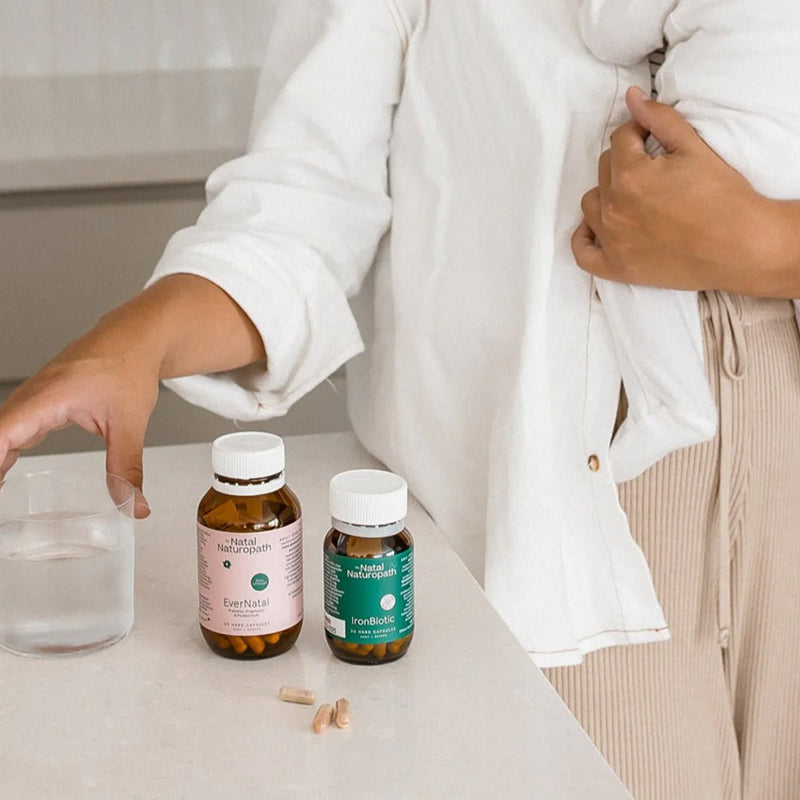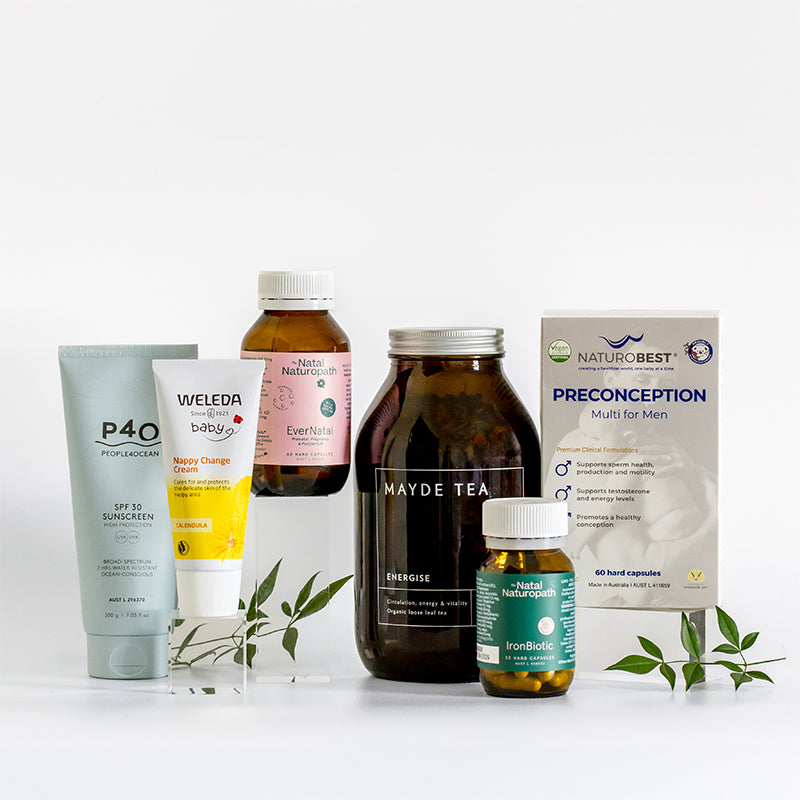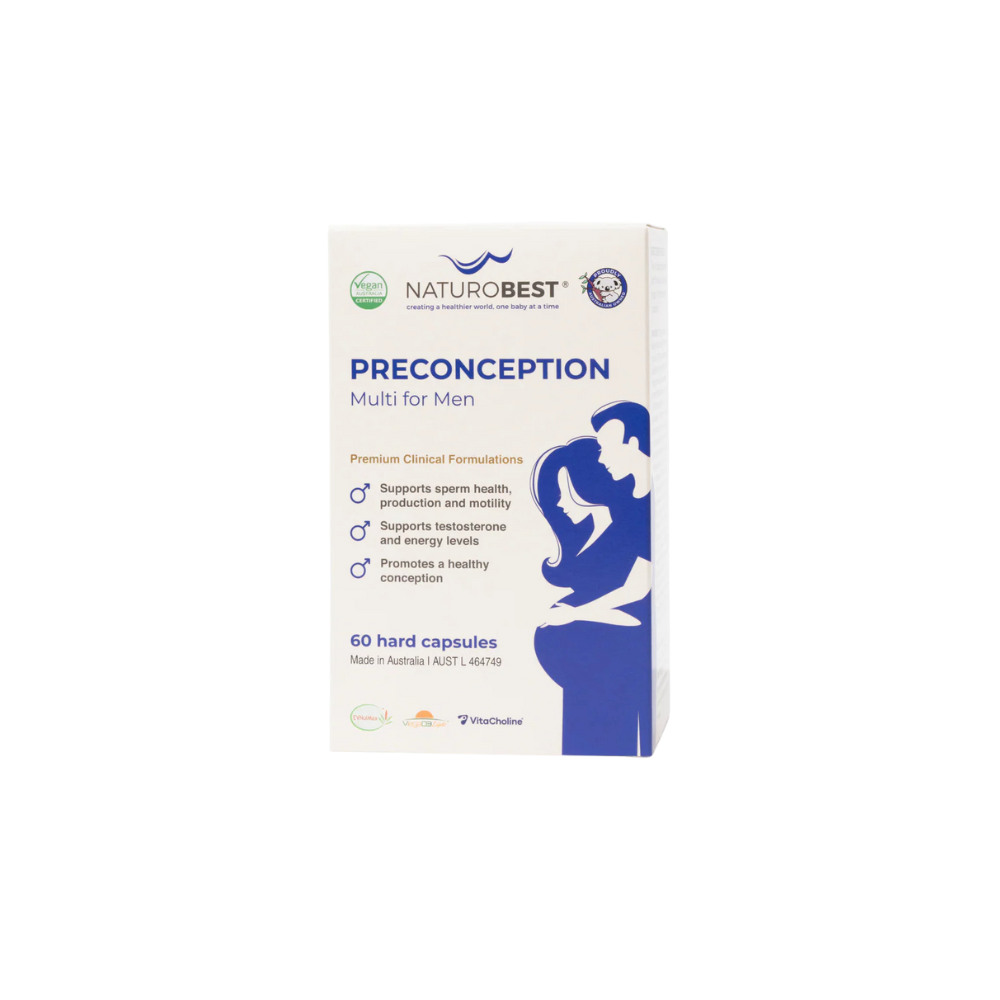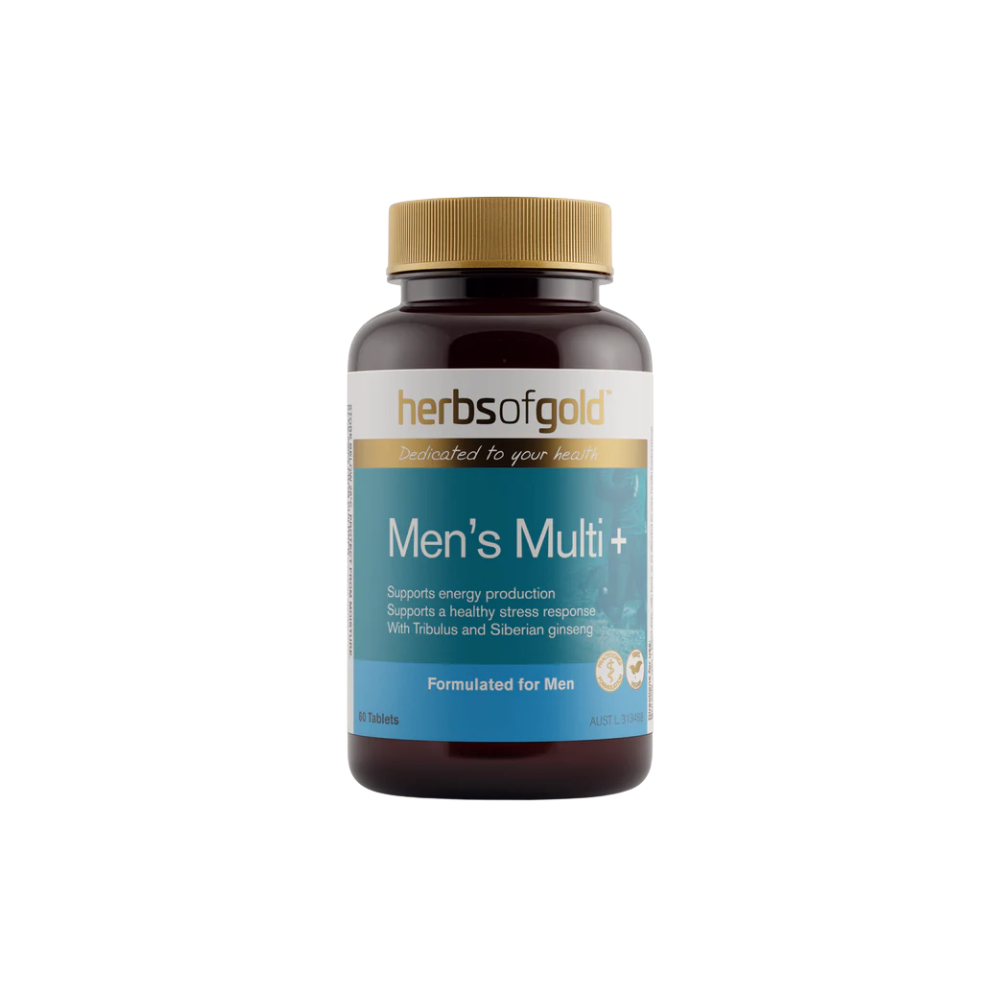By Naturopath, Danielle Critchell
Controversial? This isn’t about blame or finger pointing. It’s about awareness. If you are trying to conceive, or if you suffer from recurrent bacterial vaginosis (BV), your partner’s semen may be playing a much bigger role in your journey than you realise.
PART 1: Fertility
Why sperm health matters in fertility:
Let’s start with the most obvious link — fertility. Did you know that male factors are implicated in around 50% of infertility cases? That means in half of the couples who struggle to conceive, the male is partly or solely involved.
And yet, in clinic, only about one third of couples book a consultation together. More often, it’s the woman who books alone. By the time she comes to see me, she has often:
- Undergone invasive testing
- Made significant lifestyle changes
- Invested in high-quality supplements
- Spent countless hours tracking her cycle
- Tried various medications
All while her partner may never have had a semen analysis. In my opinion, this is one of the first tests that should be considered. Did you know that 50% of couples who will conceive in a year, conceive in the first 2 months? After 6 months of trying, this increases to 80%. It is therefore at this point that I definitely recommend a male to undergo a semen analysis. If your GP is unwilling to refer you for this test, I can refer you for one, it is a non-invasive and cost effective test.
The silent fear many women carry
As a naturopath, I’m privileged to hear women’s deepest hopes and fears. One recurring theme I see is this: even before they’ve tried to conceive, many women admit to a quiet worry — “I have a feeling that maybe I won’t be able to get pregnant.”
If this resonates, you’re not alone. It’s a fear carried silently by so many women, often for years. So when conception doesn’t happen quickly, that fear grows louder.
And what’s the natural first instinct? To book an appointment alone, often without considering whether the other half of the equation — their partner — might also be part of the story.
Lightening the mental load
It’s time to shift this mindset. Fertility is not a solo project. Yet women are often the ones carrying the emotional, physical, and financial load when it comes to fertility struggles.
Fertility should be seen as a joint journey. Both partners bring unique factors to the picture, and both deserve equal attention when it comes to testing and support.
PART 2: Vaginal health and bacterial vaginosis
Vaginal health and the role of sperm
Fertility isn’t the only area where semen health plays a role. Another issue I see often in clinic is vaginal microbiome imbalance, commonly presenting as recurrent bacterial vaginosis (BV).
BV can bring discomfort, inconvenience, and unfortunately feelings of embarrassment or shame. But the truth is simply that something has disrupted the vaginal microbiome, creating an environment that allows bacteria to overgrow. Did you know that the seminal microbiome looks completely different to the vaginal microbiome? Quite often that imbalance may be coming from interacting with seminal fluid. Of course these interactions happen a lot when a couple is trying to conceive, which is why we so often see cases of BV when working with couples for fertility.
Why we can’t only treat the woman…
Did you know, it was only recently acknowledged in mainstream medicine (thanks to a Melbourne based study published this year, 2025) that BV treatment should also include addressing the male partner. Why? Because the bacteria involved can easily be passed back and forth between partners.
Without partner treatment, women often find themselves in a frustrating cycle of recurrent BV. In that cycle, they frequently blame themselves. They try changing their diet, underwear, hygiene products, or take round after round of antibiotics — without anyone asking about their partner. The 2025 study showed that recurrence rates dropped dramatically from 63% to just 35% when the partner was also treated. This is why as holistic practitioners we will often bring up male partners when addressing vaginal health.
The impact of healthy semen on vaginal health
Semen itself contains a completely different microbiome, and its natural healthy pH is much higher than the pH of a healthy vagina. For some women, this is enough to trigger ongoing symptoms and make them more susceptible to a range of bacterial infections.
So perhaps the title of this article should be adjusted to: it’s not always you…. Sometimes, it’s his sperm. Working together with their male partners, women can achieve much better outcomes, sooner. I hope to see you AND your partner in a fertility couples consultation.
Ready to take the next step?
If you’re trying to conceive, dealing with recurrent BV, or simply want more clarity around what’s going on in your body, I’d love to support you. You can book a one-on-one or couples consultation with me via Nourishing Apothecary.
Let’s take the guesswork out of your health — and get you feeling empowered again.
– Danielle, Naturopath at Nourishing Apothecary







